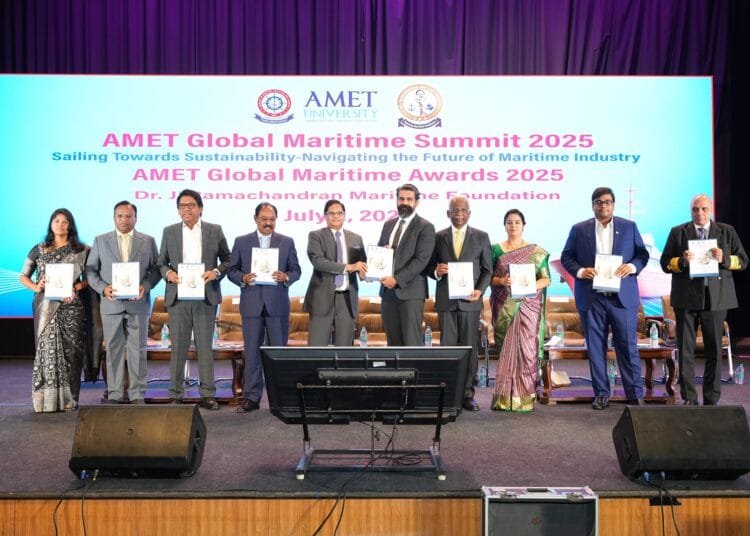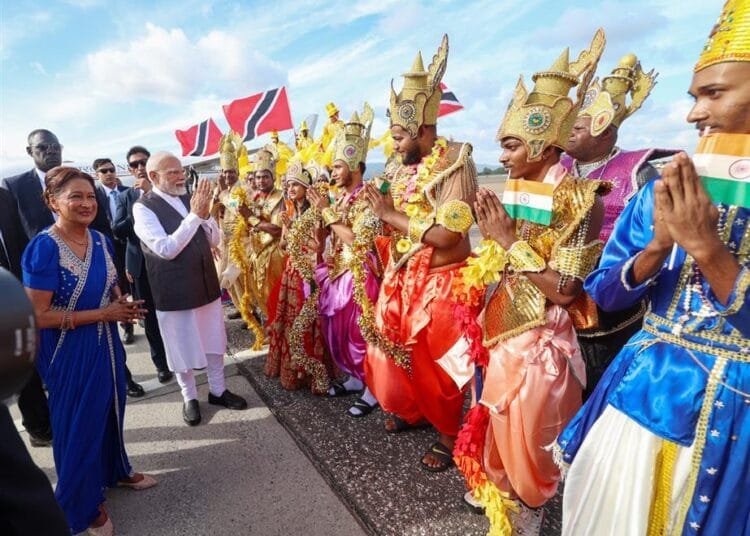State-private sector to build world class infra.

States, adopting investor-friendly policies, will need to build one lakh classified hotel rooms to support world-class tourism infrastructure, according to Rashmi Varma, Secretary, Ministry of Tourism.
She assured that the government is looking to giving infrastructure status to the development of small hotel units to support tourism industry.
Elaborating, Varma said that there was a need to develop experiential tourism for foreign tourists such as cruise tourism and textile tourism.
India’s tourism offices overseas are also being revamped to reach out to tourists across the globe, she added.
The ministry’s website is being made more dynamic and robust with all relevant information for promotion and marketing of tourism products while social media was being leveraged to reach global tourists.
But the sector faces challenge in creating world class infrastructure to significantly increase tourist arrivals and create a strong, unequivocal ‘Brand India’, said Dr. Jyotsna Suri, Chairperson of the Tourism Committee at the Federation of Indian Chambers of Commerce and Industry (FICCI).
The Government and industry need to join hands to jointly create a policy landscape that can spur the growth momentum. She urged the stakeholders to utilize the varied FICCI platforms which were promoting tourism to realize the true potential of this sector, said Suri, also Chairperson and Managing Direct of Lalit Suri Hospitality Group,
Rana Kapoor, CEO & MD, YES BANK and Chairman, YES Global Institute, noted that “India’s Travel & Tourism industry is the seventh largest in the world and is also a major generator of employment and livelihood in India, accounting for 9.3% of total employment in 2016. He expect the sector to generate nearly 50 million jobs by 2027.”
The FICCI-YES BANK Knowledge Report ‘Investment in Tourism Infrastructure: Igniting India’s Growth Engine’ makes key recommendations towards unleashing the true potential of this vital sector through sustainable infrastructure development.
“I am confident that this publication will encourage productive dialogue amongst all stakeholders in the Travel & Tourism value-chain and contribute towards making tourism a key driver of India’s growth story,” said Kapoor.
The way forward to develop tourism sector in India was by granting infrastructure status to smaller projects; improving ease of doing business; enhancing private sector participation, stressed Nikhil Sahni, Senior President and Country Head of Government Relationship Management & Strategic Government Advisory at Yes Bank.
Hari Ranjan Rao, Managing Director, Madhya Pradesh State Tourism Development Corporation Ltd, pointed out that tourism is private sector driven and action lies in the state for the development of tourism infrastructure as 80 per cent of the items related to it were in the State List.
Speaking about the initiatives undertaken by the Madhya Pradesh government, he said that the new tourism policy which came into effect in 2016 in the state has made it easier for investors to acquire land by creating land banks for developing hotels.
The process of lease, tenders and bids have been made transparent by making all the information available online.
The Madhya Pradesh government was facilitating the investors in various segments such as water sports and cruise tourism with its policies in diverse sectors related to tourism.
Meanwhile, the Uttarakhand Government is working towards unveiling a new policy to give a fillip to the tourism sector in the state, which is home to paanch dhams – Kedarnath, Badrinath, Yamunotri, Gangotri along with Sri Hemkund Sahib.
The official spoke at the third edition of FICCI ‘Tourism Investors Meet’ held 5 July 2017. fii-news.com









